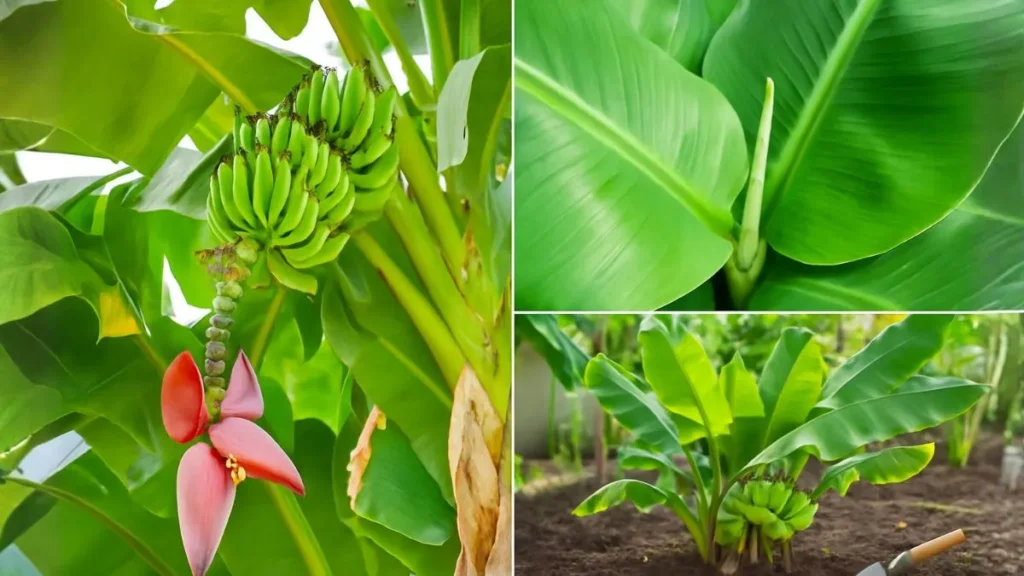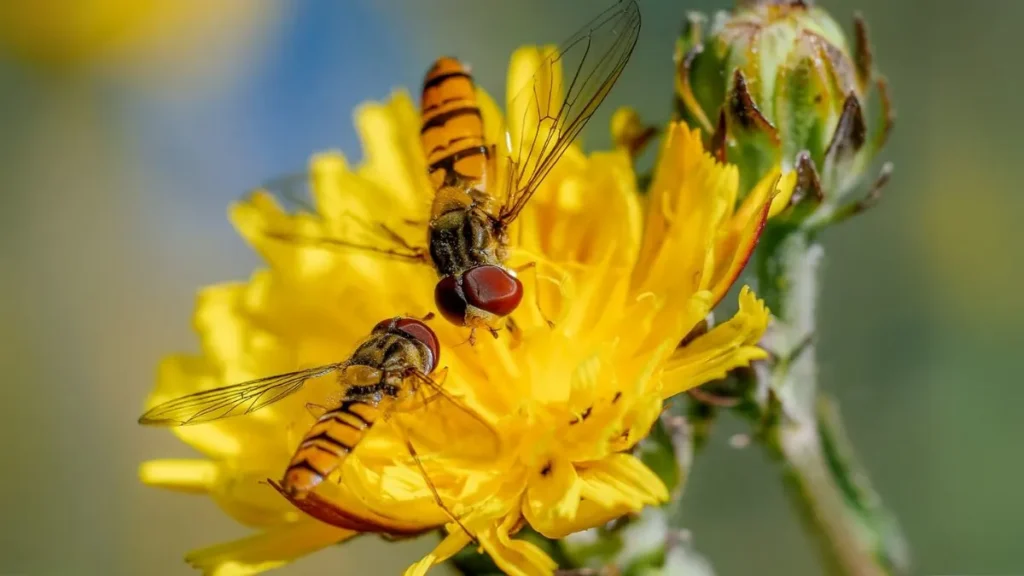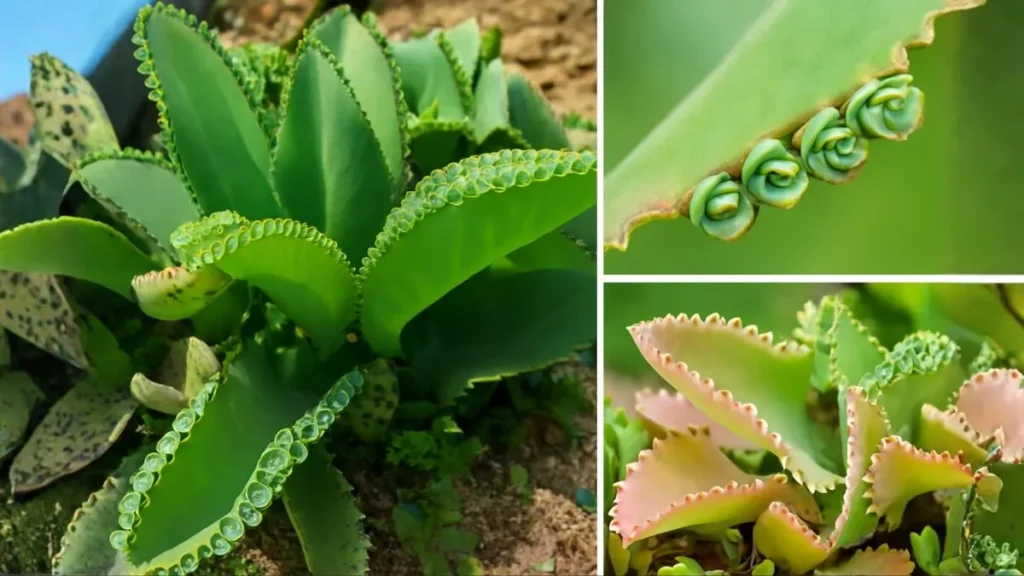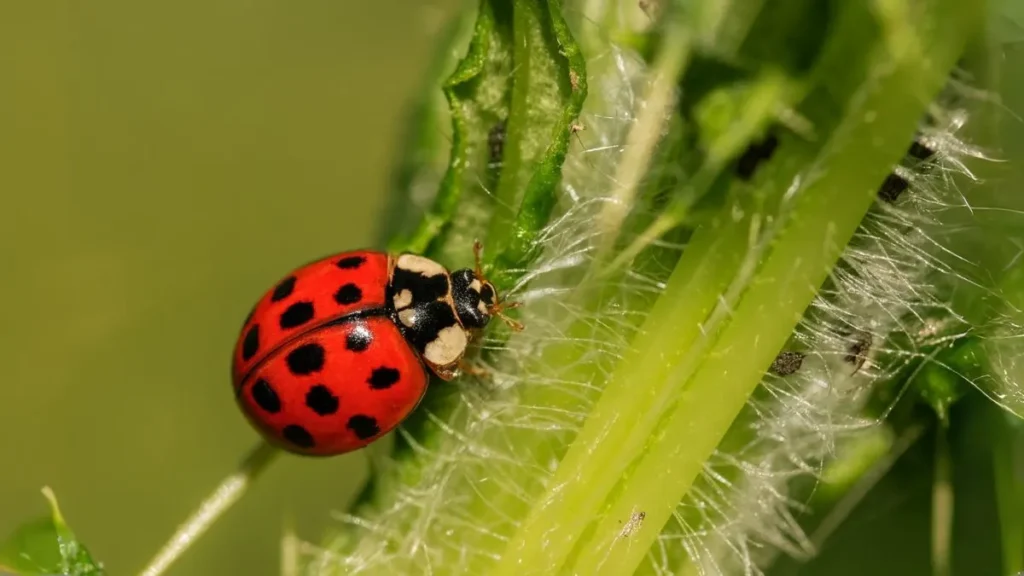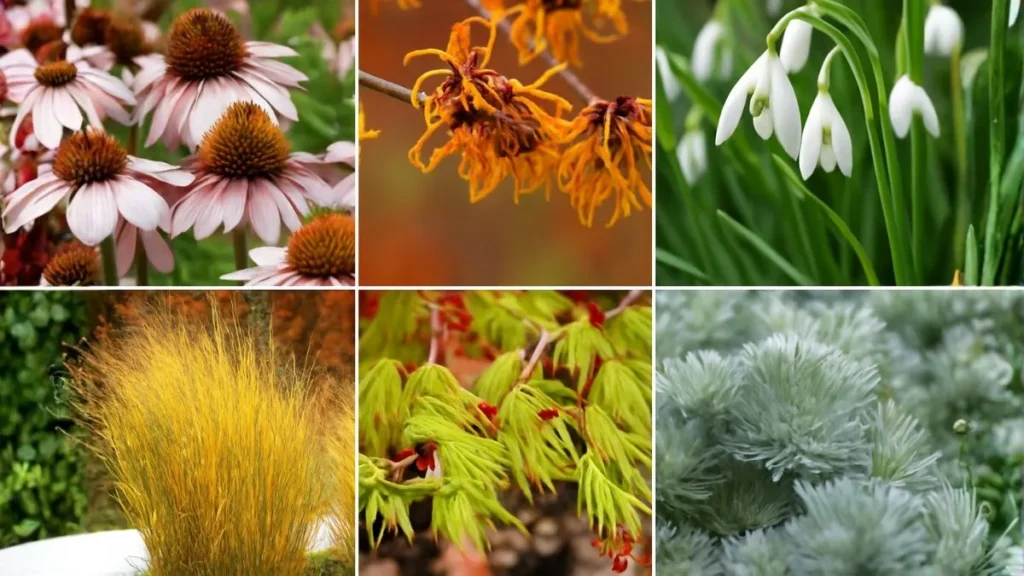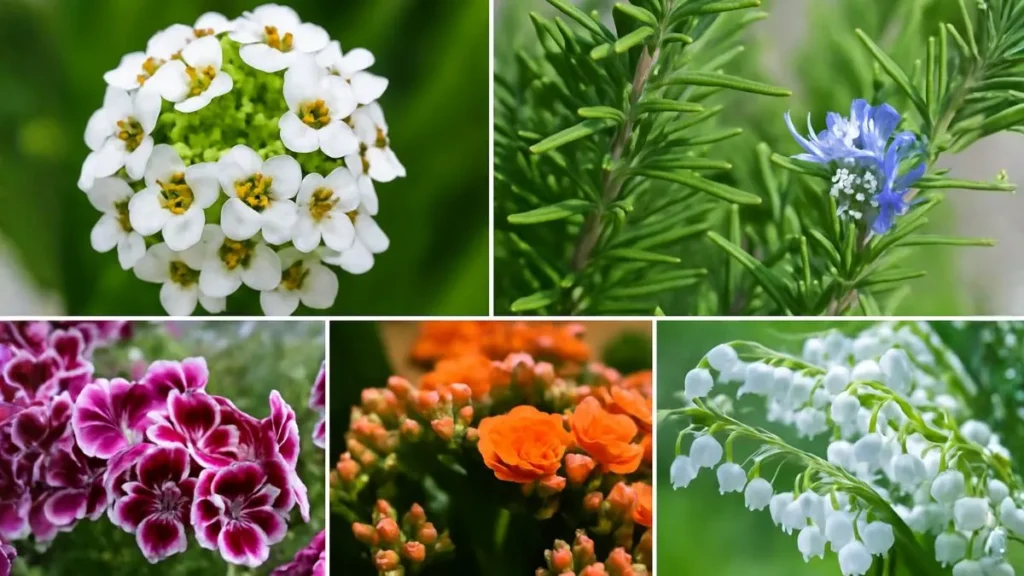Few flowers capture everlasting beauty quite like Helichrysum, also known as the strawflower or immortelle. These blooms retain their color and shape long after drying, making them a favorite for bouquets and crafts. Luckily, they are not difficult to grow.
If you’ve been curious about how to cultivate them, here’s your complete guide. From sowing the tiny seeds on the surface of a well-draining seed-starting mix or coco peat to transplanting them outdoors, this step-by-step article will help beginners and experienced gardeners alike.
Why Choose Helichrysum?
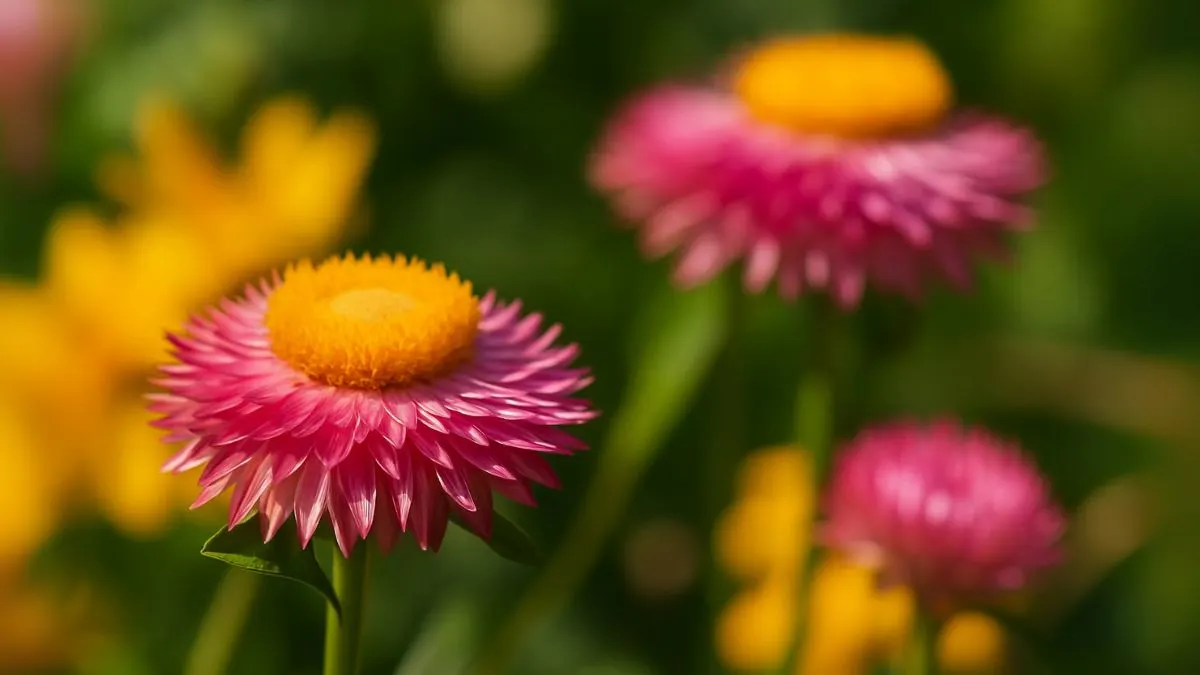
- Long-lasting flowers perfect for cut arrangements.
- Attract pollinators like butterflies and bees.
- Minimal maintenance once established.
- Thrive in both gardens and pots.
Their resilience and charm have made them popular in Canada, the U.S., and worldwide.
Step 1: Starting Indoors
For gardeners in colder climates, Helichrysum can be started indoors in March – May. This ensures a head start before the frost-free days arrive.
- Fill punnets with the best quality seed raising mix.
- Helichrysum seeds are tiny, light-dependent germinators, so do not bury them.
- Simply sow the tiny seeds on the surface of a well-draining seed-starting mix or coco peat, providing light to germinate.
- Mist gently with water to avoid dislodging seeds.
💡 Personal Tip: I once made the mistake of covering my Helichrysum seeds with soil. They didn’t germinate! Remember, light is crucial for them to sprout.
Also Read: How to Grow Rain Lily That Appears Like Magic After Rain
Step 2: Germination and Early Care
Germination usually takes 7–14 days with warmth and light. Keep the trays in a bright spot or under grow lights. The soil should stay slightly moist but never soggy.
Because Helichrysum is propagated by seed; they easily self-sow, once you grow them once, you’ll likely see them pop up in your garden the following year.
Step 3: Transplanting Outdoors
When seedlings are strong enough, harden them off gradually before moving them outdoors.
- Pick a sunny spot in your garden with well-draining soil.
- Plant seedlings 10–12 inches apart to allow airflow.
- Water lightly after transplanting to help roots establish.
Helichrysum grows best in sandy or loamy soils that drain well. Avoid heavy clay areas.
Step 4: Direct Sowing
If your region has mild weather, you can skip indoor sowing. Directly pick a sunny spot in your garden with well-draining soil and sow seeds outdoors after the last frost. Scatter them on the surface and press them gently to ensure contact with soil.
This works especially well because Helichrysum is propagated by seed; they easily self-sow, making them natural spreaders in the garden.
Step 5: Caring for Helichrysum
- Sunlight: Full sun ensures compact, bushy growth and abundant blooms.
- Watering: Keep soil moist but avoid waterlogging. They tolerate short dry spells.
- Fertilizer: A balanced fertilizer every 4–6 weeks helps, though they’re not heavy feeders.
- Maintenance: Deadhead faded blooms to extend flowering.
🌸 From my experience, Helichrysum in pots tends to bloom longer if kept in sunny patios and watered regularly.
Also Read: The Complete Guide to Sowing and Growing Phlox Flowers
Quick Growing Table
Requirement |
Details |
Sowing Indoors |
Helichrysum can be started indoors in March – May |
Sowing Method |
Sow the tiny seeds on the surface of a well-draining seed-starting mix or coco peat, providing light to germinate |
Soil |
Pick a sunny spot in your garden with well-draining soil |
Special Note |
Helichrysum seeds are tiny, light-dependent germinators |
Propagation |
Helichrysum is propagated by seed; they easily self-sow |
Containers |
Fill punnets with the best quality seed raising mix |
Common Mistakes to Avoid
- Covering seeds with soil – they won’t germinate without light.
- Overwatering – soggy soil leads to root rot.
- Too little sunlight – results in leggy, weak plants.
Growing Helichrysum is truly rewarding. With their ability to self-sow and their everlasting blooms, they’re perfect for any gardener. Whether you’re in the U.S., Canada, or anywhere else, Helichrysum will add color and charm to your garden with very little effort.
